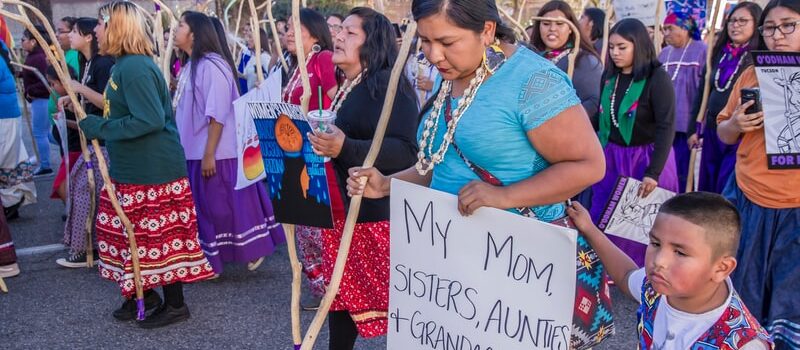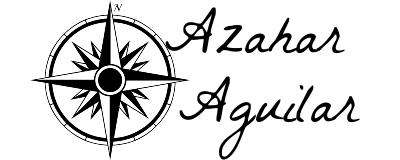What does respectful Indigenous reclamation look like?
“I’ve heard it said among many different Native cultures, from Hawai‘i to Oklahoma, that when a Native person makes an important decision, they seek to honor the seven generations that came before them, and they seek to bless the seven generations that will come after them.
That means your grandparents multiple generations back were thinking of you during their lifetimes. And it means that you and I have a responsibility to honor them in our lifetimes. Claiming their place in your heritage does so in a way that is good and right.” - Megan Murdock Krischke
I’ve been on a reclamation journey, both biracial and Indigenous, my whole life, without knowing I was on it. I always felt in-between, ni de aqui - ni de alla, an outsider in the white community, and disconnected from my Mexican and Indigenous communities.
I’ve been searching for a very long time for how to become whole, without understanding that I already am whole. It’s society, colonization, and a million other factors that have allowed the separation illusion to strengthen.
The curiosity and determination paid off after many, many years. My continuous searching led me to realize a powerful full circle moment in reclamation from me in my thirties, to 9-year-old me standing in her Lion King shirt in the school library with Dewey Decimal card in hand.
That little girl was desperate to find books on the P’urépecha; my paternal family’s tribe in Mexico. Spoiler alert: I didn’t find any books about my Indigenous Mexican tribe in my white, Midwestern, public school library in the ’90s.
Little me with permed hair and a card catalog didn’t stand a chance.
As a biracial kid growing up in a white area with the white side of my family, I didn’t need to be told that I was different. No tv show, newscaster, teacher, doctor, librarian, friend, family member, police officer, neighbor, or politician looked like me.
I was taught by other kids that it was bad to be Mexican before I knew what it was to be Mexican.
The reclamation process for biracial or BIPOC kids estranged is messy. It’s like the healing process (because it is a healing process): It’s not linear and never done.

Reclamation and connection can be messy
In my 20’s I reconnected with my paternal family. We visited Tzintzuntzan, the former capital in Michoacán (inspired by Disney’s Coco). I met relatives and family friends - people that looked like me.
I was able to hold my grandmother’s hands, in her home, and a few tears rolled down my cheeks. I couldn’t speak the language well enough to convey how much the moment meant to me. She was full P’urhepecha and the experiences she held in her body of our heritage and people I will only be able to read about and experience secondhand.
It was trippy, relieving, and confusing. I spoke the language like a foreigner and everyone asked me where I was from. Just like people do in Minnesota. I belonged, but I didn’t belong.
I still felt disconnected. I didn’t know how to feel or if I was allowed.
But, I continued to piece together my reclamation over the years. I learned it doesn’t look one way. Also, it’s your birthright, you belong, and you are worthy.
Our language and culture are endangered. The more generations of children and grandchildren that can gather information, learn, and infuse that back into the community, and educate others outside the community, the more chances of survival into the next generations.
I felt the pull every now and then to keep searching on my own, without much luck. One day, I found Instagram groups amplifying our voices where there were none even five years ago. Amidst that conversation, I saw language classes offered by a respected elder, Tata Huichu. He literally wrote the translation book from P’urépecha to Spanish.
It’s the end of February, and my first week of P’urépecha is complete. Taught in Spanish, with 30 other Mexican/Americans wanting to know, maintain, and reclaim their heritage.
For those reclaiming, I see you. Find your Why. Keep going.
My Why is for all the other kids out there with Dewey Decimal cards, searching for themselves (but, like, the modern-day version without a card catalog). And the next seven generations after them.
